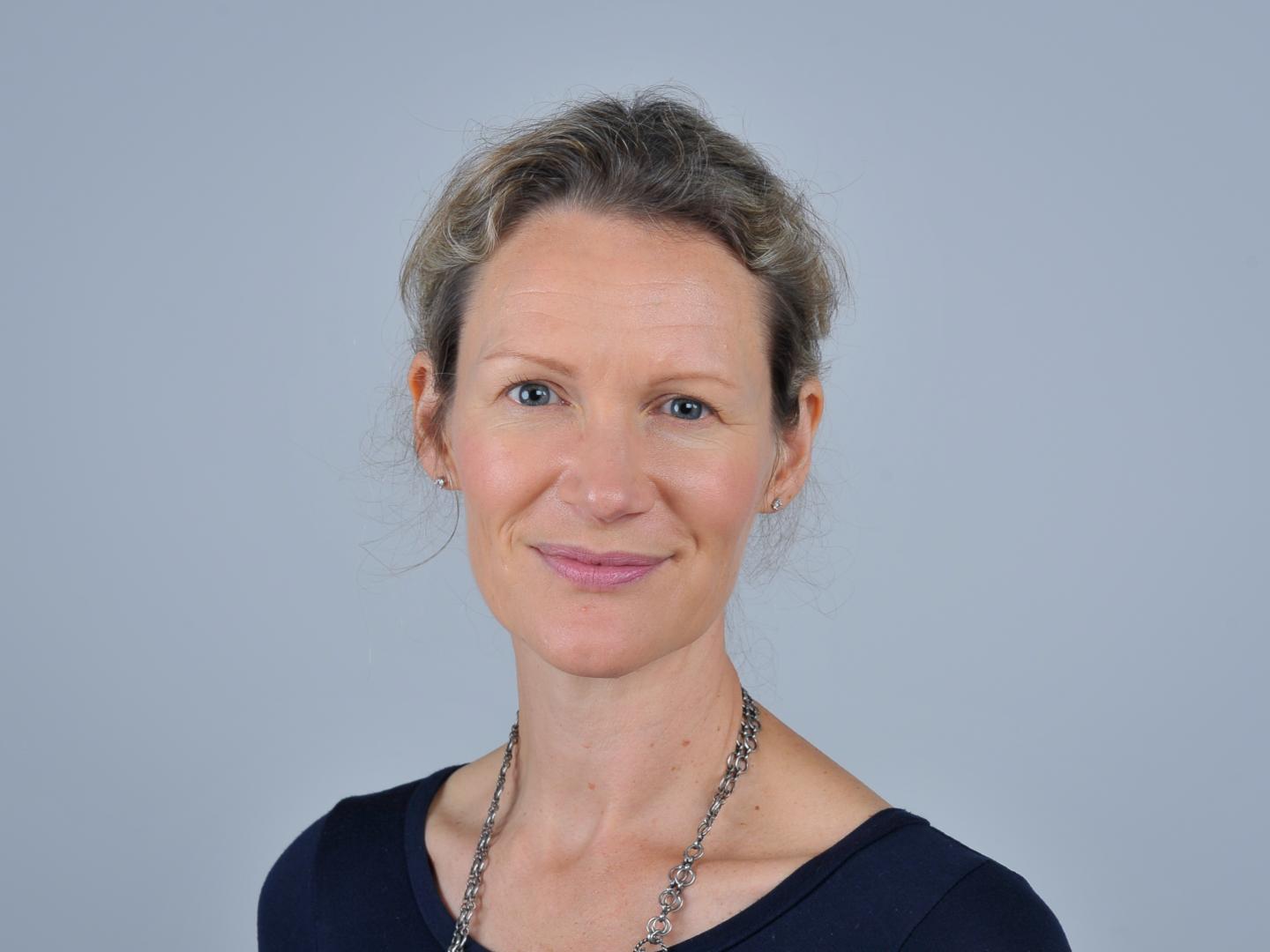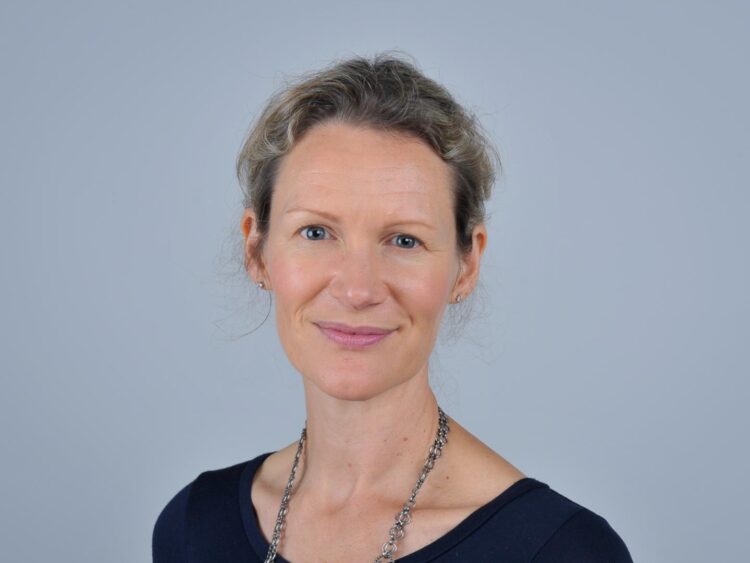
Credit: University of Otago
Research has confirmed the nationwide Alert Level 4 COVID-19 lockdown had a significant toll on New Zealanders’ well-being, especially for younger people – but the results were not all negative.
Researchers from the University of Otago conducted a demographically representative survey of adult New Zealanders between 15 and 18 April, corresponding to days 19 to 22 of the 33-day lockdown.
They found almost a third of participants experienced mental distress during the lockdown, but that many people also experienced some form of ‘silver linings’.
They asked Kiwis about their levels of stress, anxiety and depression, about the state of their family relationships and whether there were any positive outcomes from lockdown.
Dr Susanna Every-Palmer, the Head of the Department of Psychological Medicine at the University of Otago, Wellington, says 30 per cent of those surveyed reported moderate to severe psychological distress and 16 per cent had moderate to high levels of anxiety. Almost 40 per cent said their level of well-being was low.
“New Zealand’s lockdown successfully eliminated COVID-19 from the community, but our results show this achievement brought a significant psychological toll,” Dr Every-Palmer says.
“Substantially increased rates of distress were seen among those who reported having lost their jobs or experienced a reduction in work as a result of the pandemic, those who had potential vulnerabilities to COVID-19, or identified their health status as poor, and those who had a past diagnosis of a mental illness.”
The level of mental distress was much higher in younger adults, with almost half of those aged between 18 and 24 experiencing moderate to severe psychological distress compared to less than one in 10 adults aged 65 years and older.
Dr Every-Palmer says the lower level of mental distress among older people likely results from higher baseline levels of well-being. It may also reflect the resilience they have developed through overcoming past adversities and the fact that they were experiencing fewer daily disruptions and economic impacts as a result of lockdown.
“Older people may also have felt they were safer in New Zealand than elsewhere.”
Just over six per cent of participants reported having suicidal thoughts during lockdown, although for most this was not a new experience, with 83 per cent saying they had similar thoughts in the 12 months prior to lockdown.
Almost one in 10 participants directly experienced some form of family harm over the lockdown period, including sexual assault, physical assault, or harassment, and threatening behaviour. This is three to four times higher than that reported in the 2018-2019 NZ Crime and Victims of Crime Survey. Reports from China, the US, Brazil and Australia also indicate increases in family violence coinciding with lockdown orders.
Dr Every-Palmer says not all the consequences of the lockdown were negative, with 62 per cent of respondents saying they enjoyed the ‘silver linings’ experienced during lockdown, including working from home, spending more time with family, and living in a quieter, less polluted environment.
“People reported taking the opportunity to pause, reflect, consider priorities, recreate healthy habits, and they appreciated the environmental benefits brought by reduced travel.”
Dr Every-Palmer says the study is unique in international terms, with researchers able to conduct the survey during a stringent lockdown but in the absence of widespread direct effects of the virus.
“It is clear that the consequences of the pandemic will be pervasive and prolonged. Our findings emphasise the need to put resources into supporting mental well-being both during and after lockdowns.
“Governments should make providing mental health support a similar priority to other health measures, such as contact tracing, provision of personal protective equipment and procurement of ventilators.”
Supporting the population’s psychological well-being includes ensuring people have ready access to accurate information, basic necessities and community connection as well as specialist mental health services, she says.
“Free access to high quality e-therapies and telehealth support also becomes increasingly important if people are afraid or are not allowed to leave their homes.”
###
The research paper, ‘Psychological distress, anxiety, family violence, suicidality, and wellbeing in New Zealand during the COVID-19 lockdown: a cross-sectional study’ is published in the international journal, PLOS ONE and can be read here: https:/
Media Contact
Cheryl Norrie
[email protected]
Original Source
https:/
Related Journal Article
http://dx.





